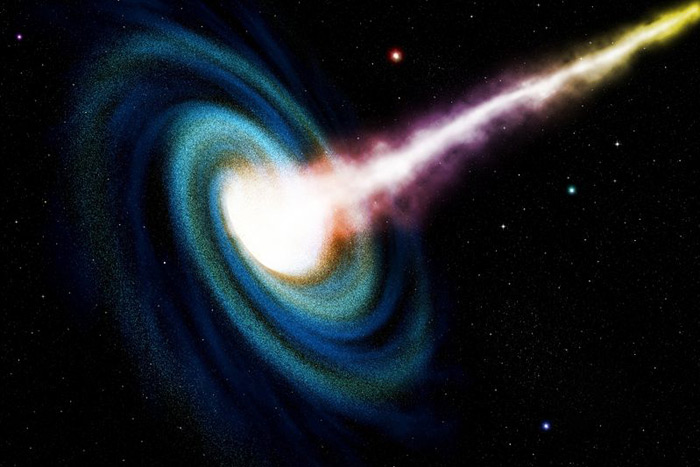Noisy Black Holes

Last fall, scientists announced that they have discovered what noise black holes might give off in the universe when they suck everything up.
The announcement was made last October in the journal Space Advances by a team led by Dr. Simone Scaringi, a Humboldt research fellow at the Max Planck Institute for Extraterrestrial Physics in Germany.
They didn’t exactly hear the sound. But they noticed the visual patterns sent out from what is known as the “accretion disk,” where everything outside the black hole is swirling around, getting closer and closer as it waits to get sucked in and crushed to nothingness. Sounds can be transcribed when they make visual patterns like that. And so, Dr. Scaringi and the team translated the patterns of light into patterns of sound and then raised it all up several octaves so humans could hear it, since there is no actual sound in space, since space is a vacuum.
Perfectly understandable. Something this large, capable of swirling away at this scale with hundreds and billions of galaxies and universes at a time getting sucked in and down to be vaporized you’d expect to be growling real, real low.
There’s a site you can go to hear the sound of a black hole and I publish it here (see below). I’ve listened to it. It sounds like some static you might hear on a bad telephone connection.
I’ve looked into this further and done my own research, though. After developing additional software and fashioning a special tube with a rubber end I could stick in one ear and out the other, I have been able to hear the sound exactly without having to modify it. I thank Dr. Scaringi for bringing this to my attention, but he’s got it wrong.
The sound it is making is the same deep gurgling sound made by a garbage disposal unit in a kitchen sink. It’s unmistakable. And it’s very, very loud. And I can tell you it will scare the heck out of you if I publish the link here, so I’m not going to do it.



